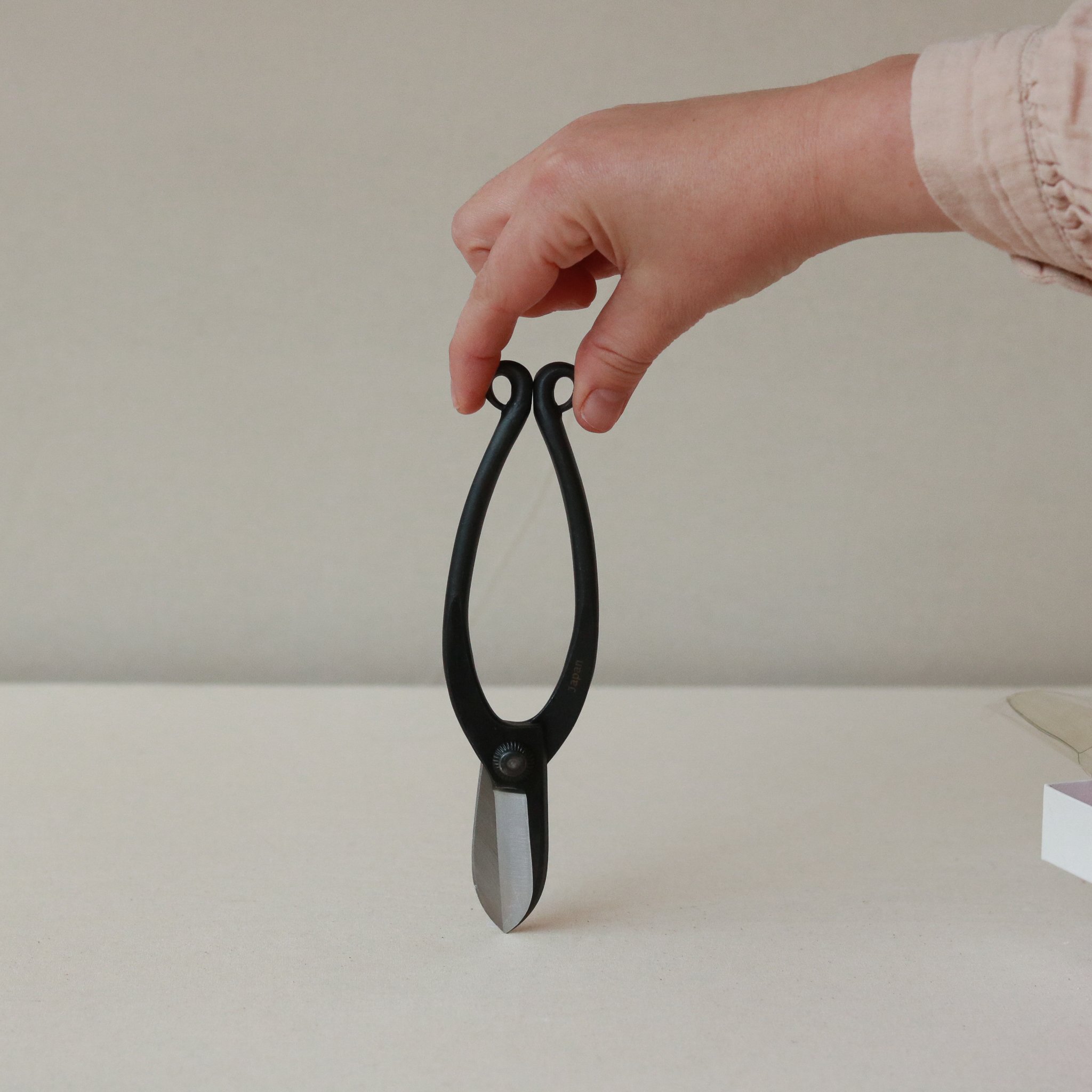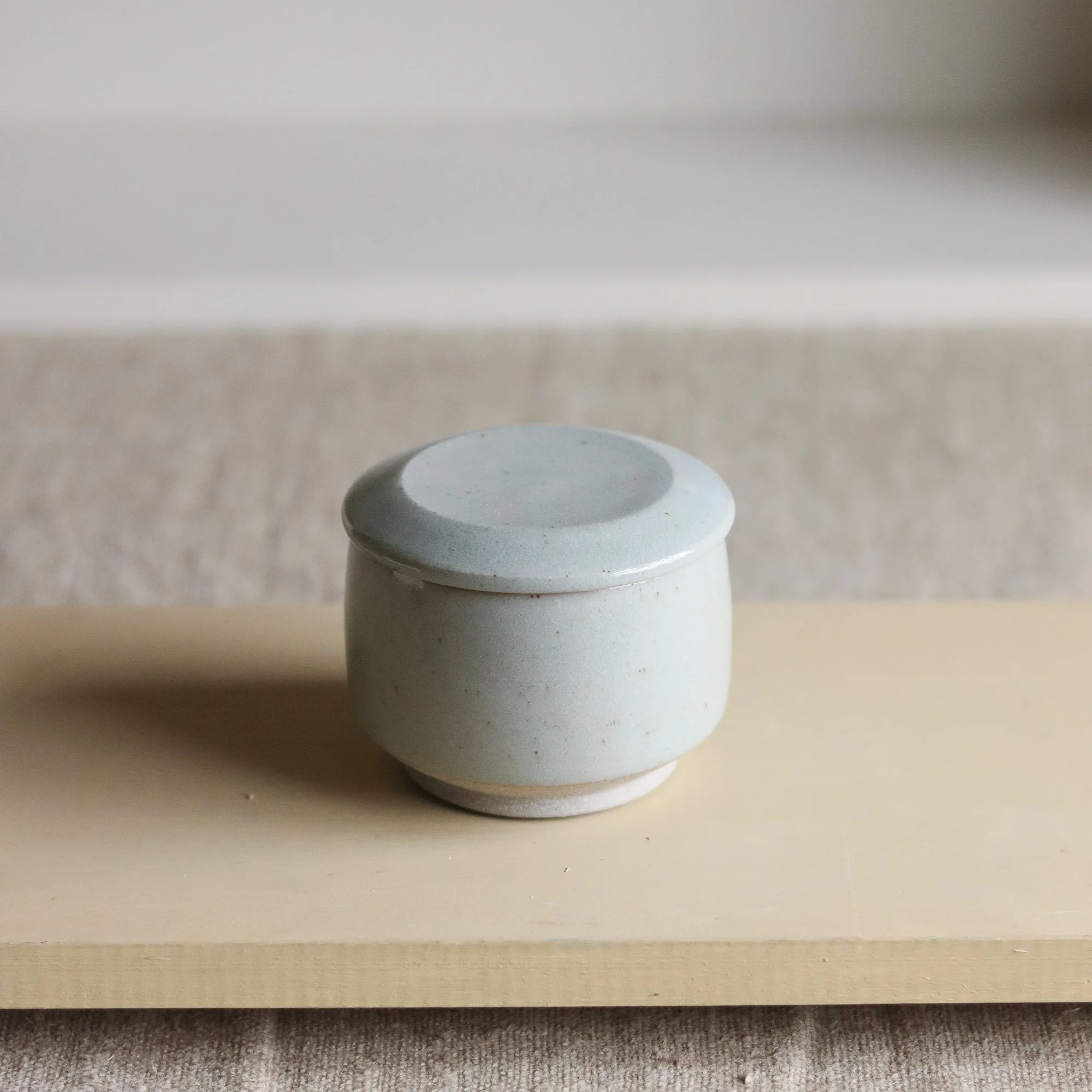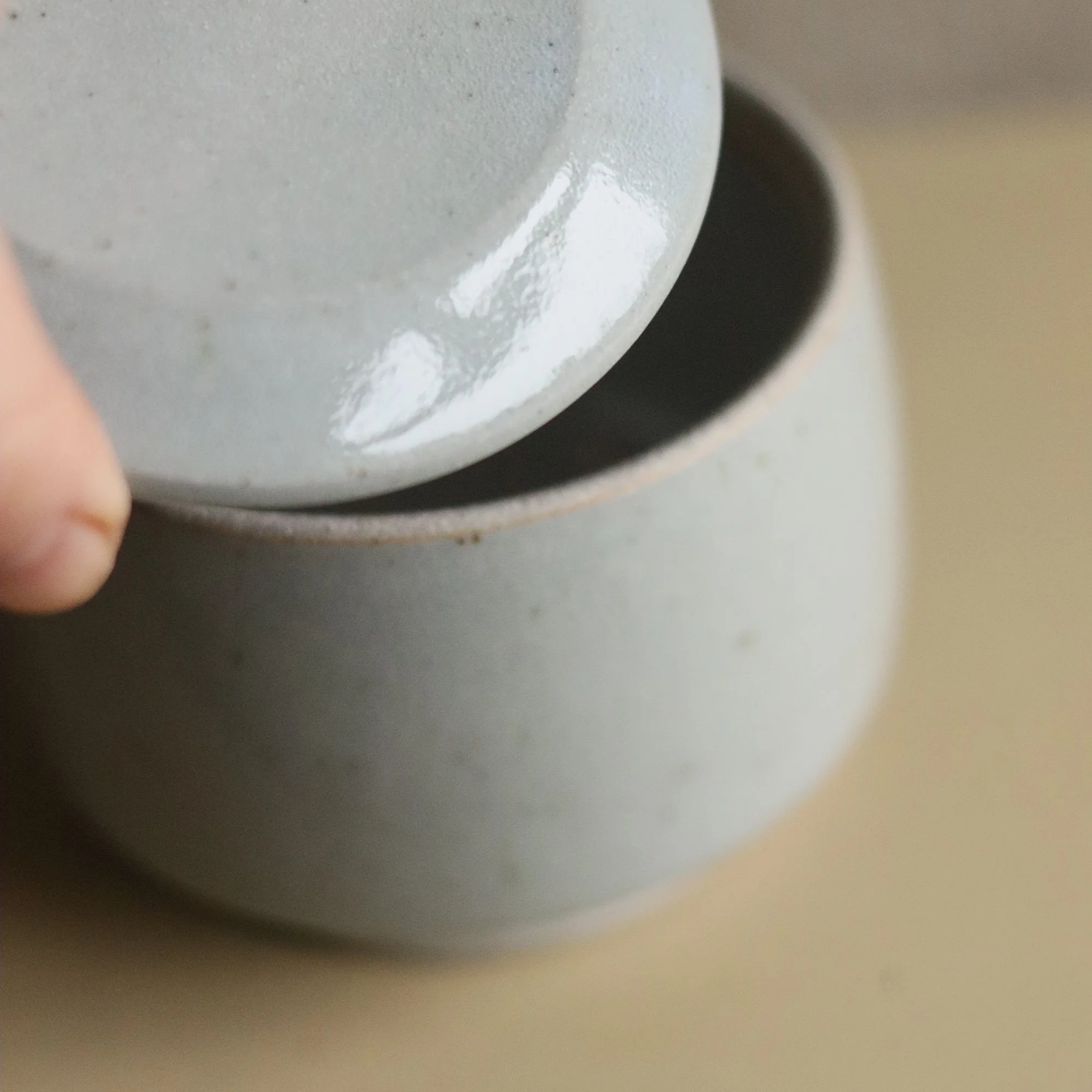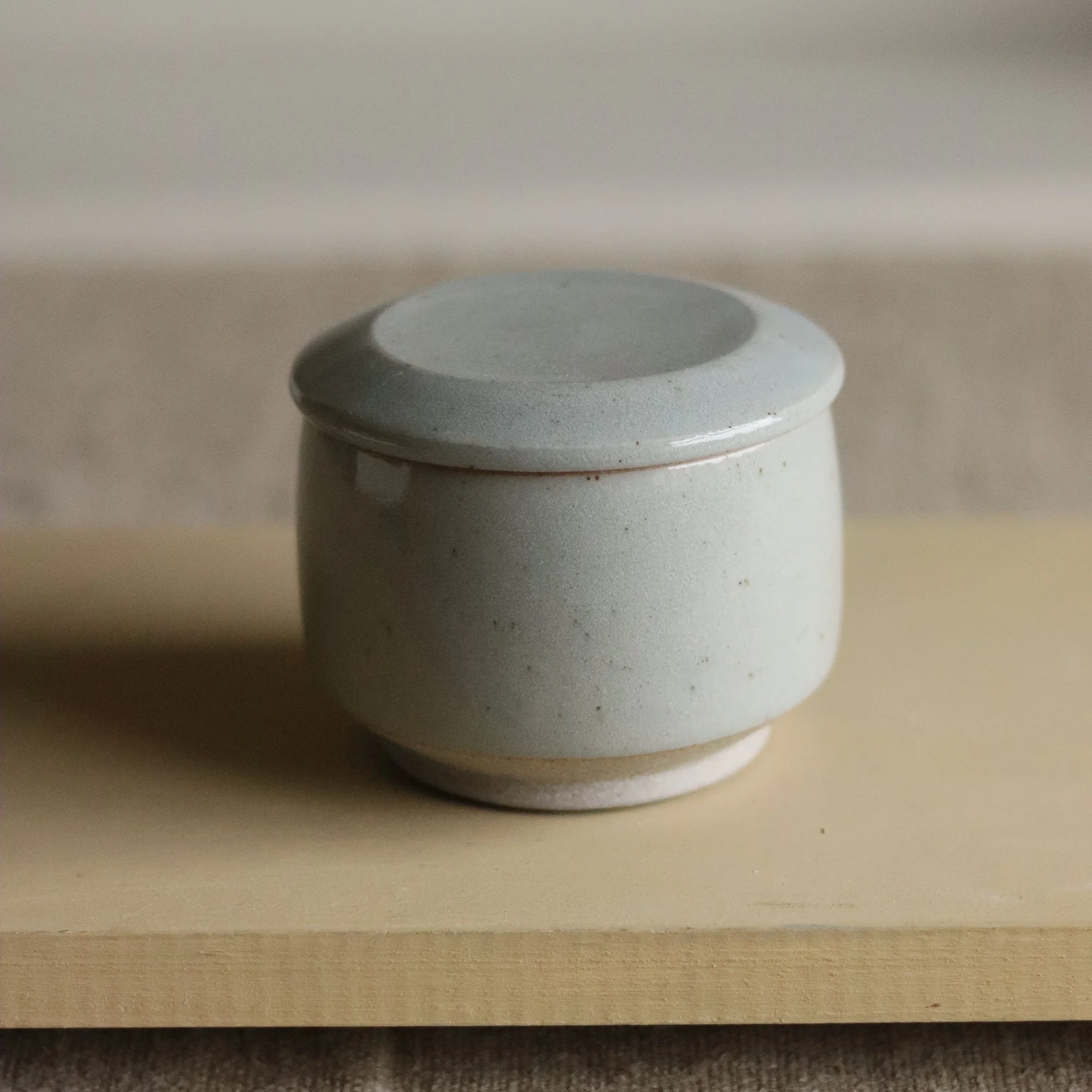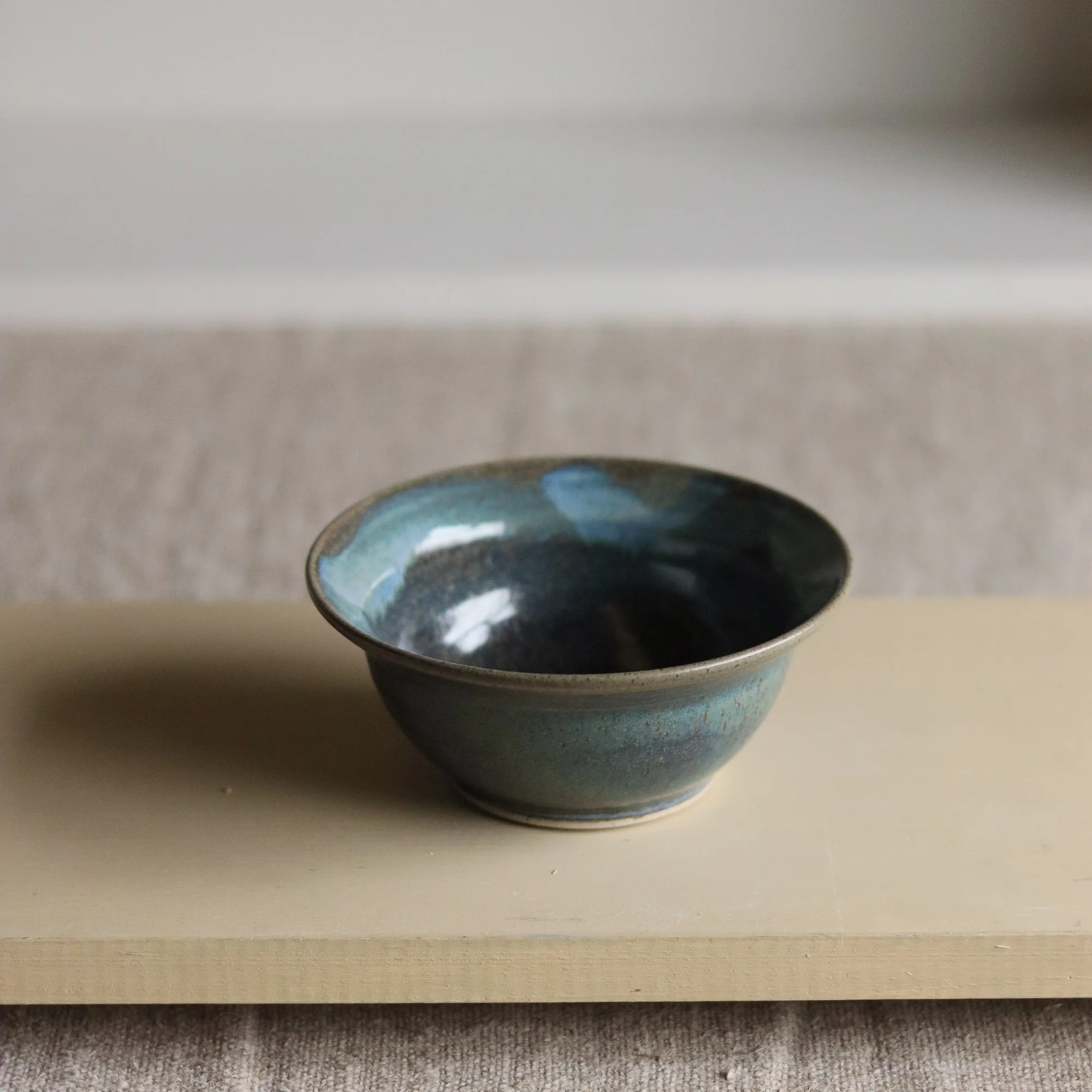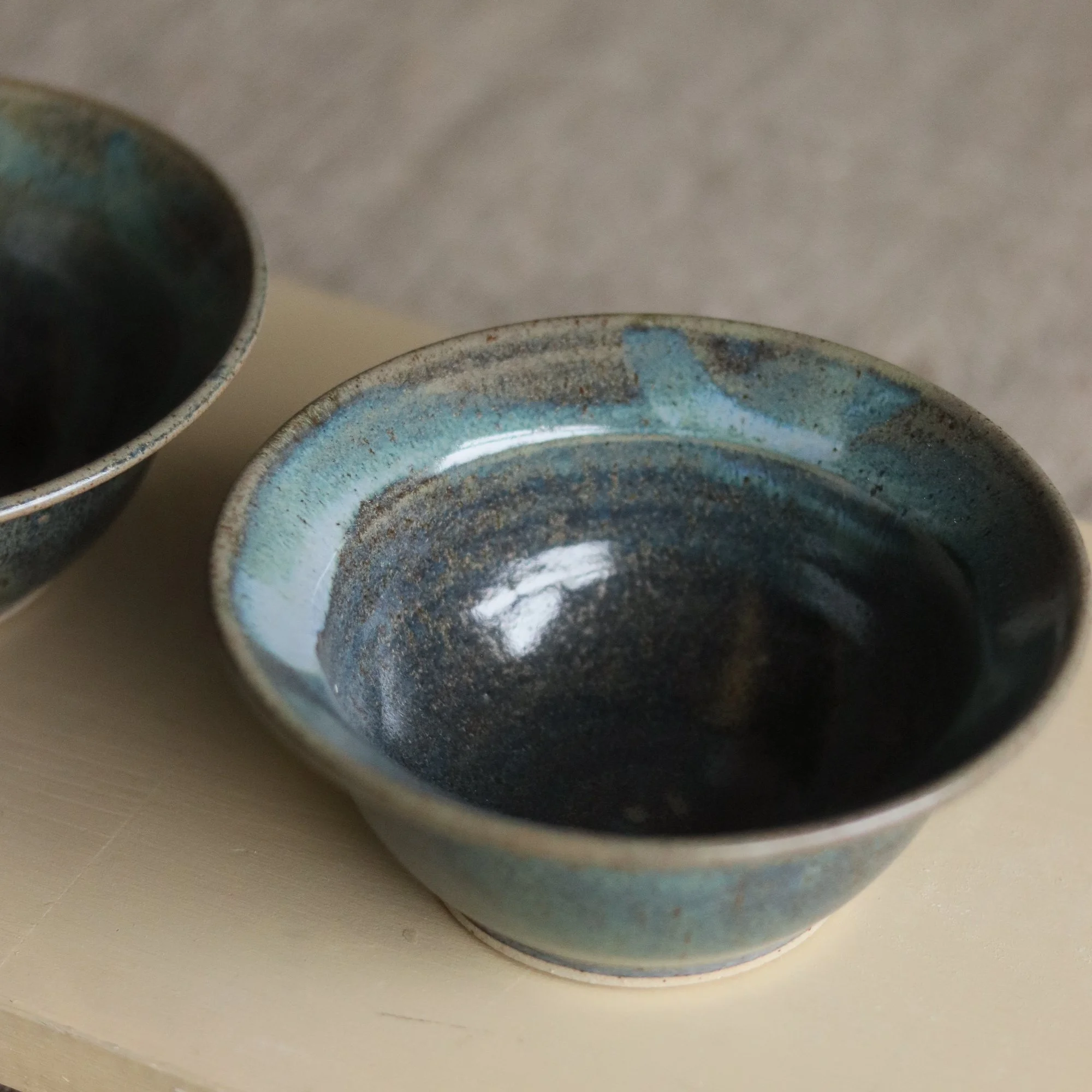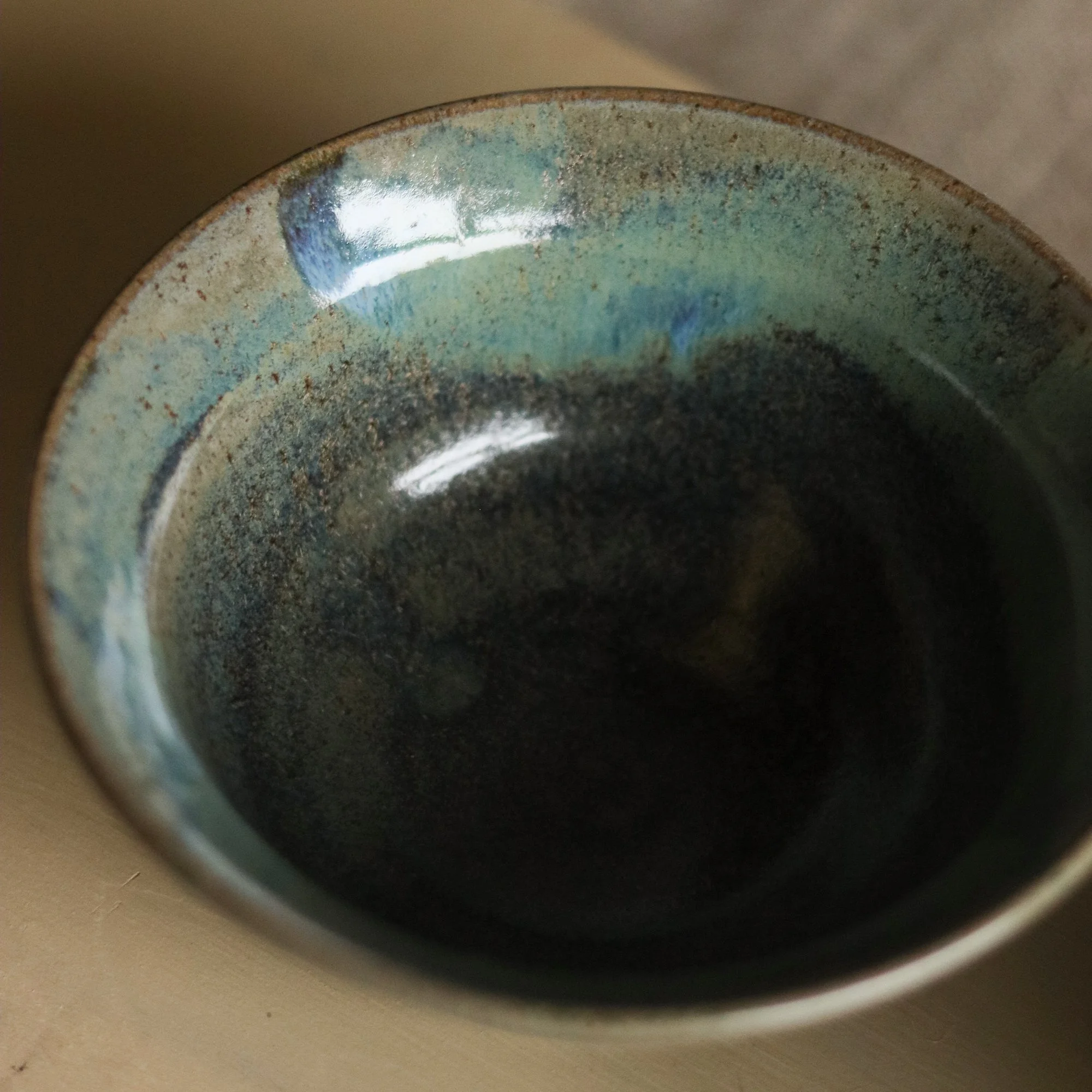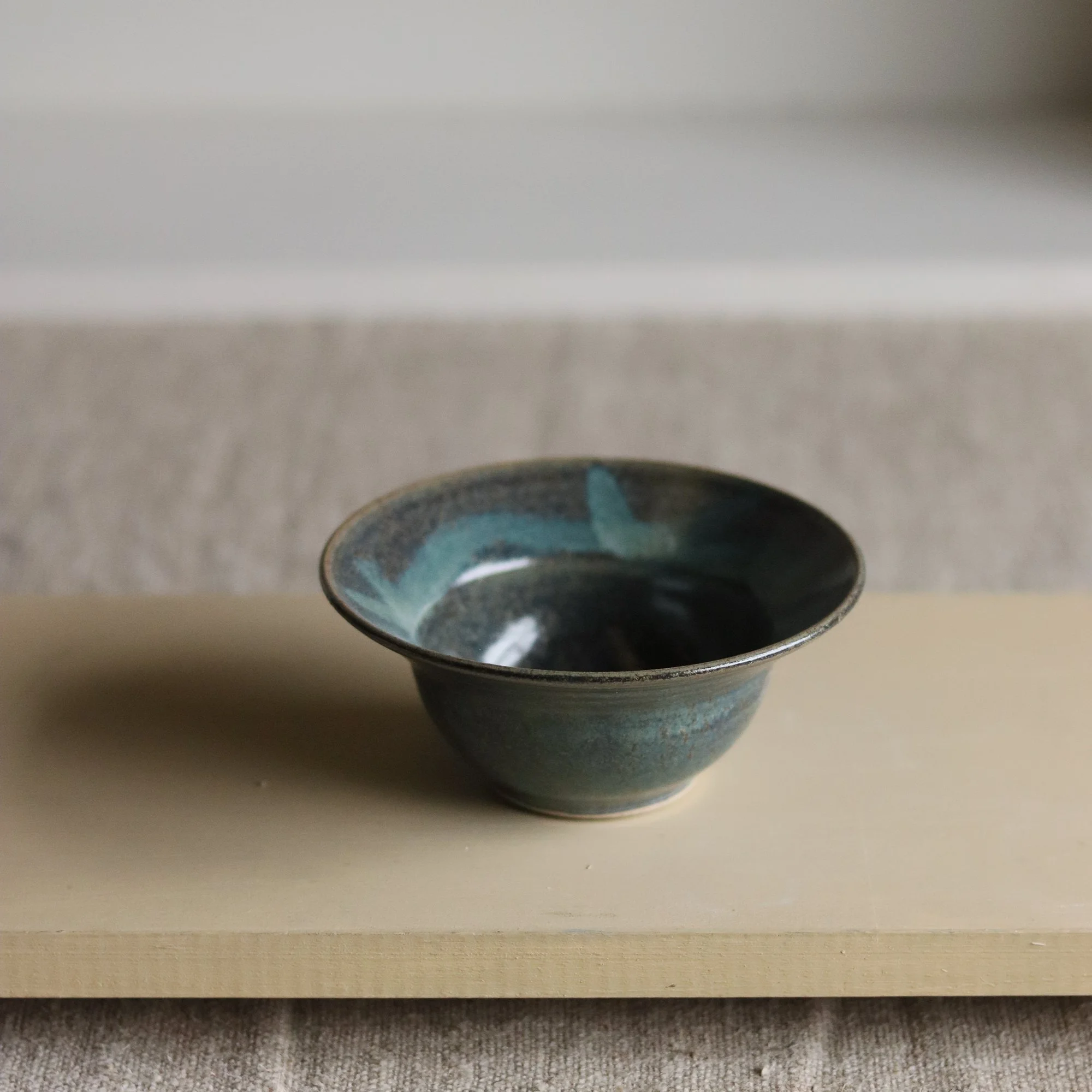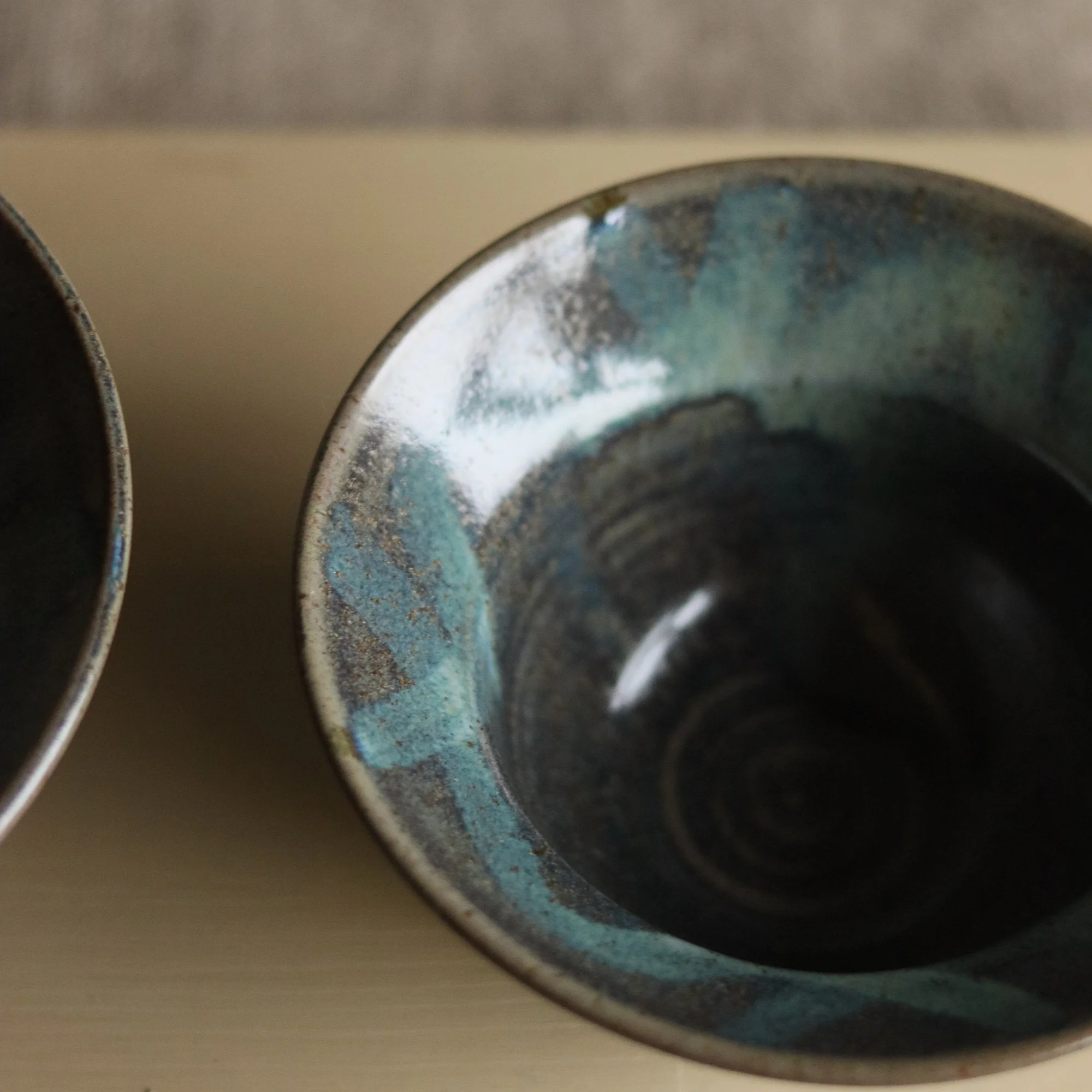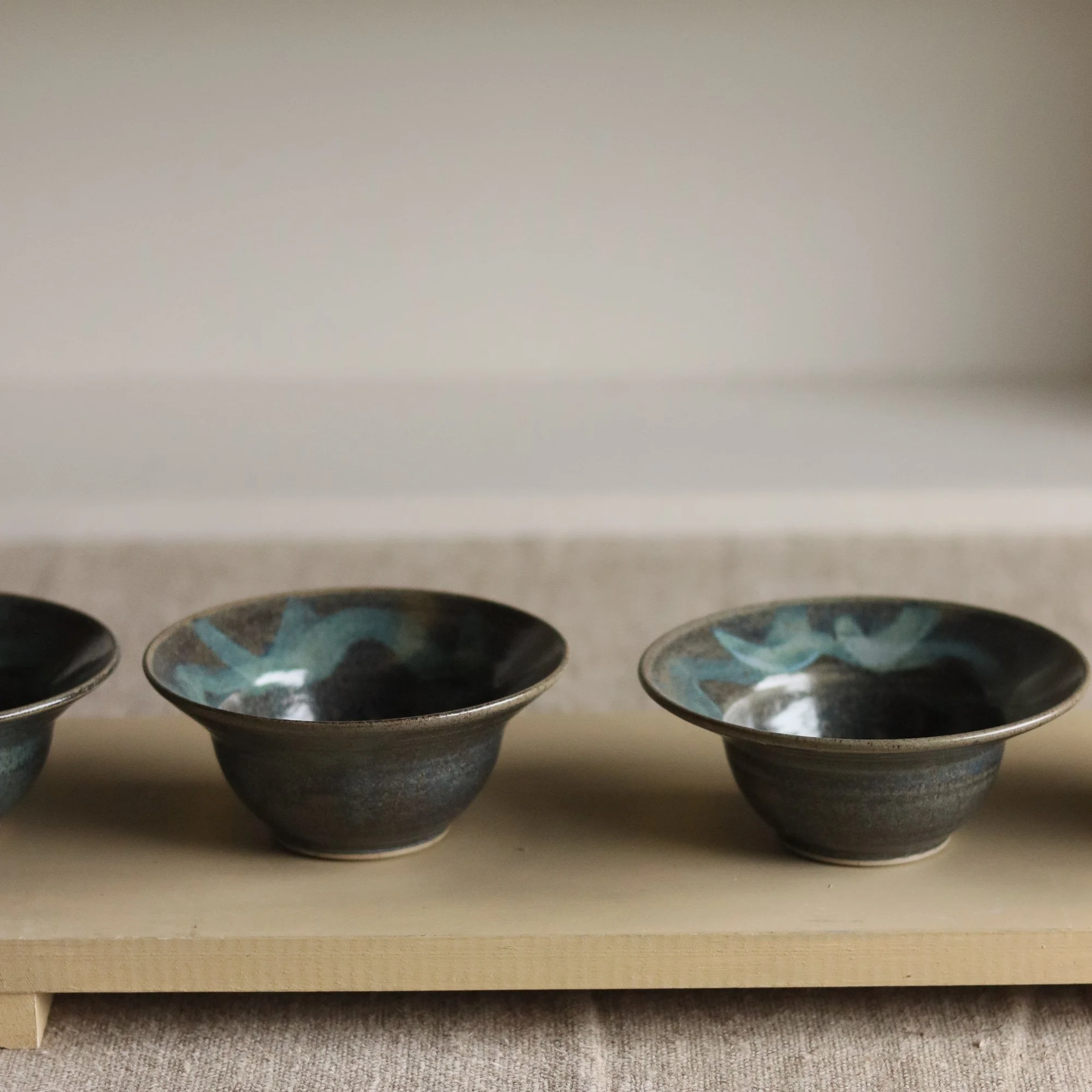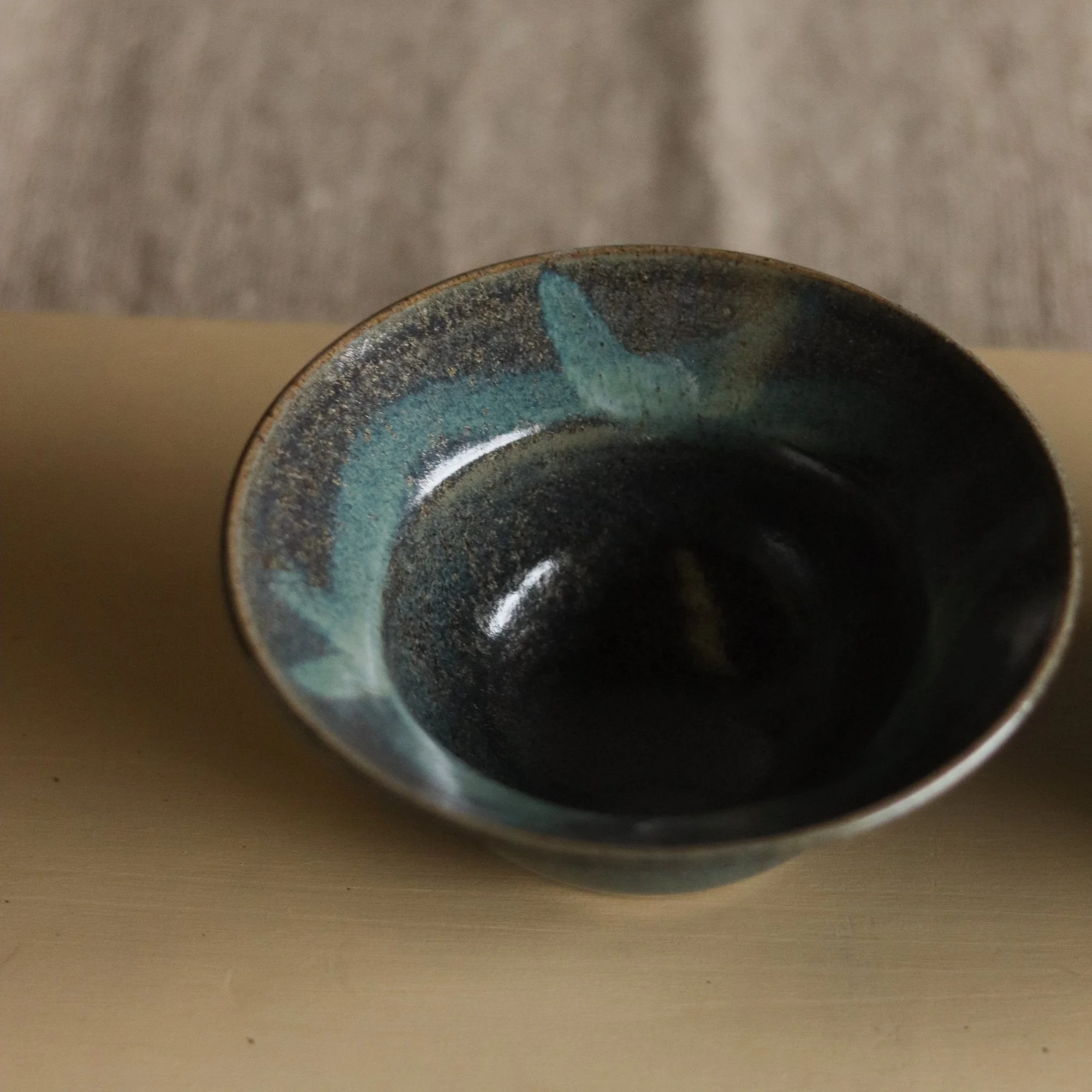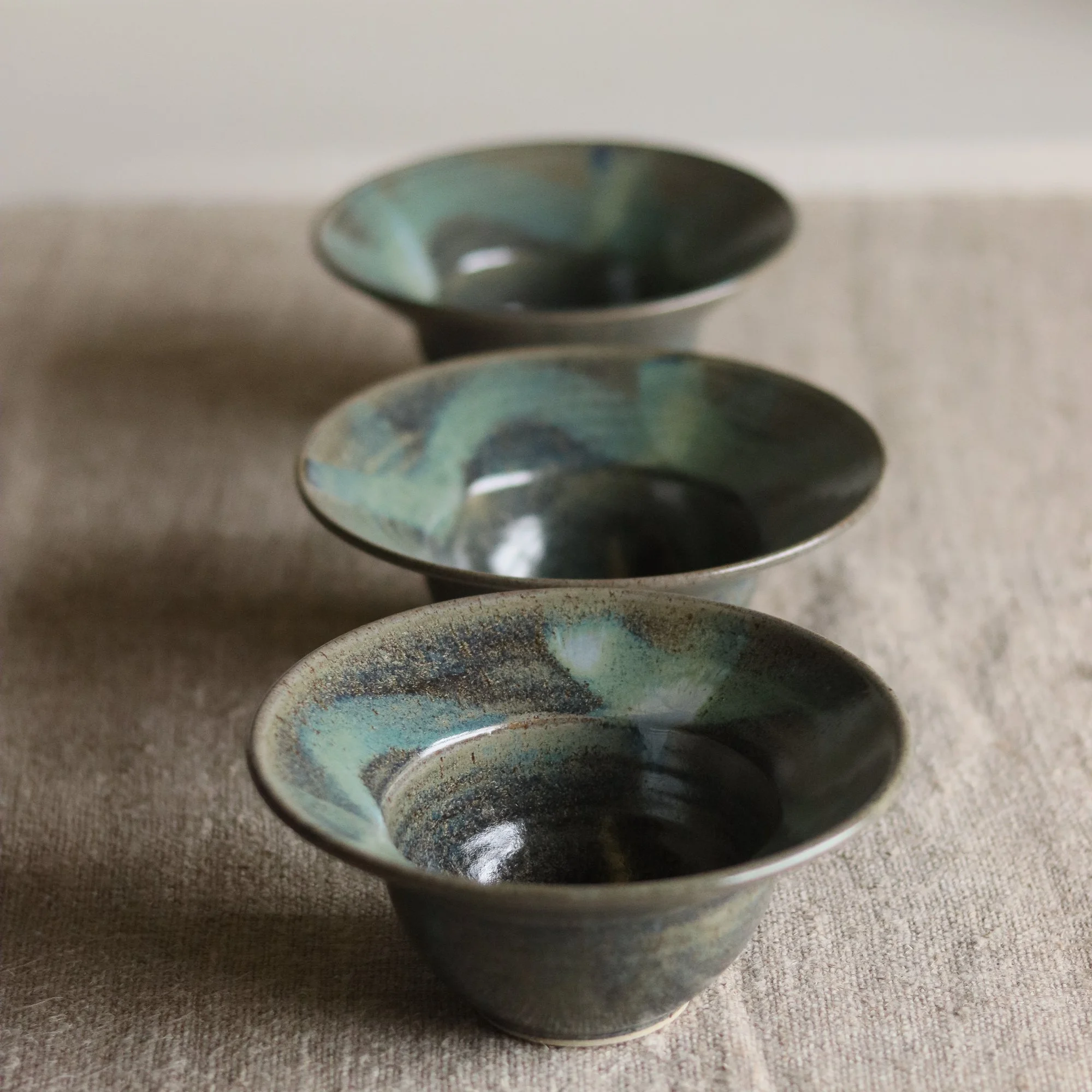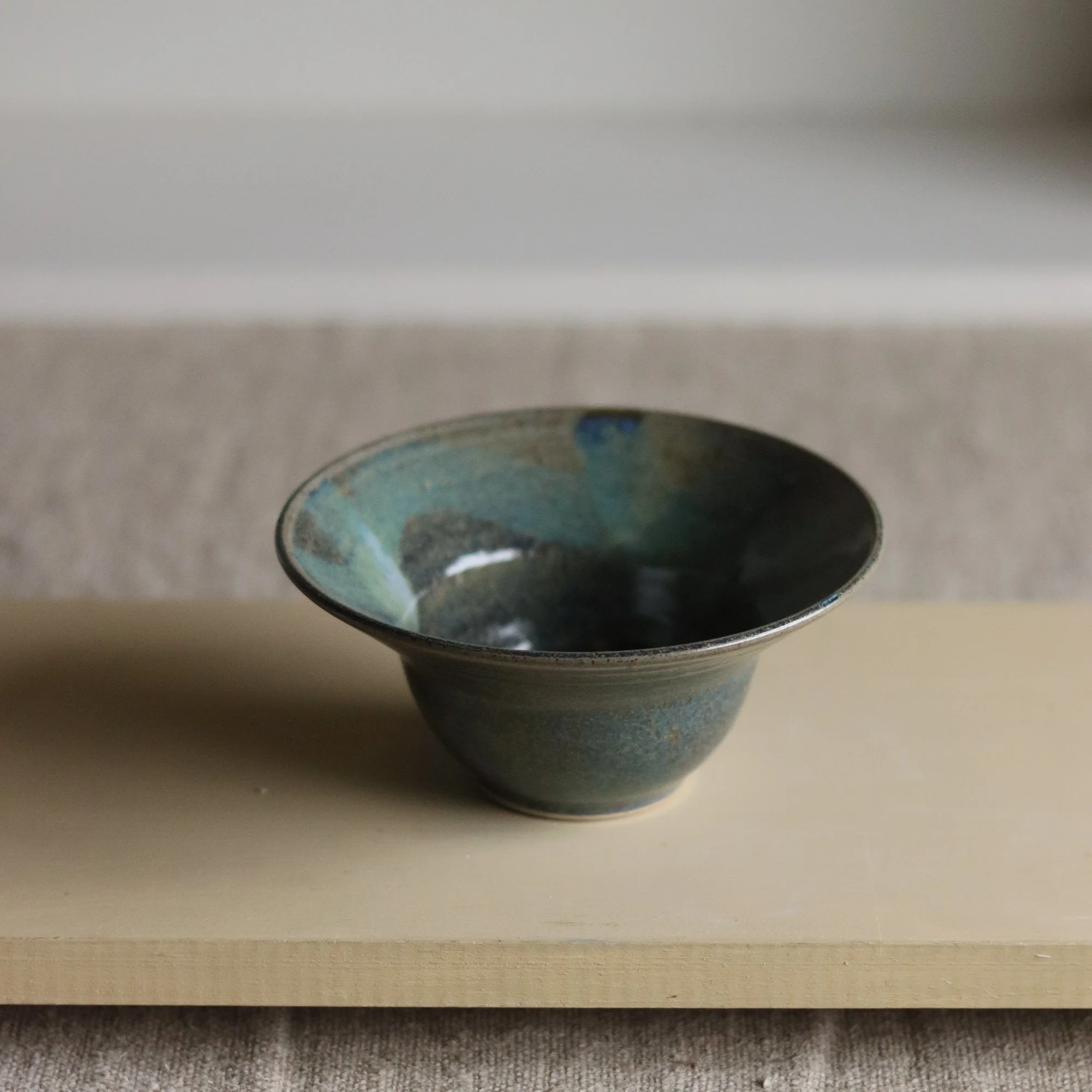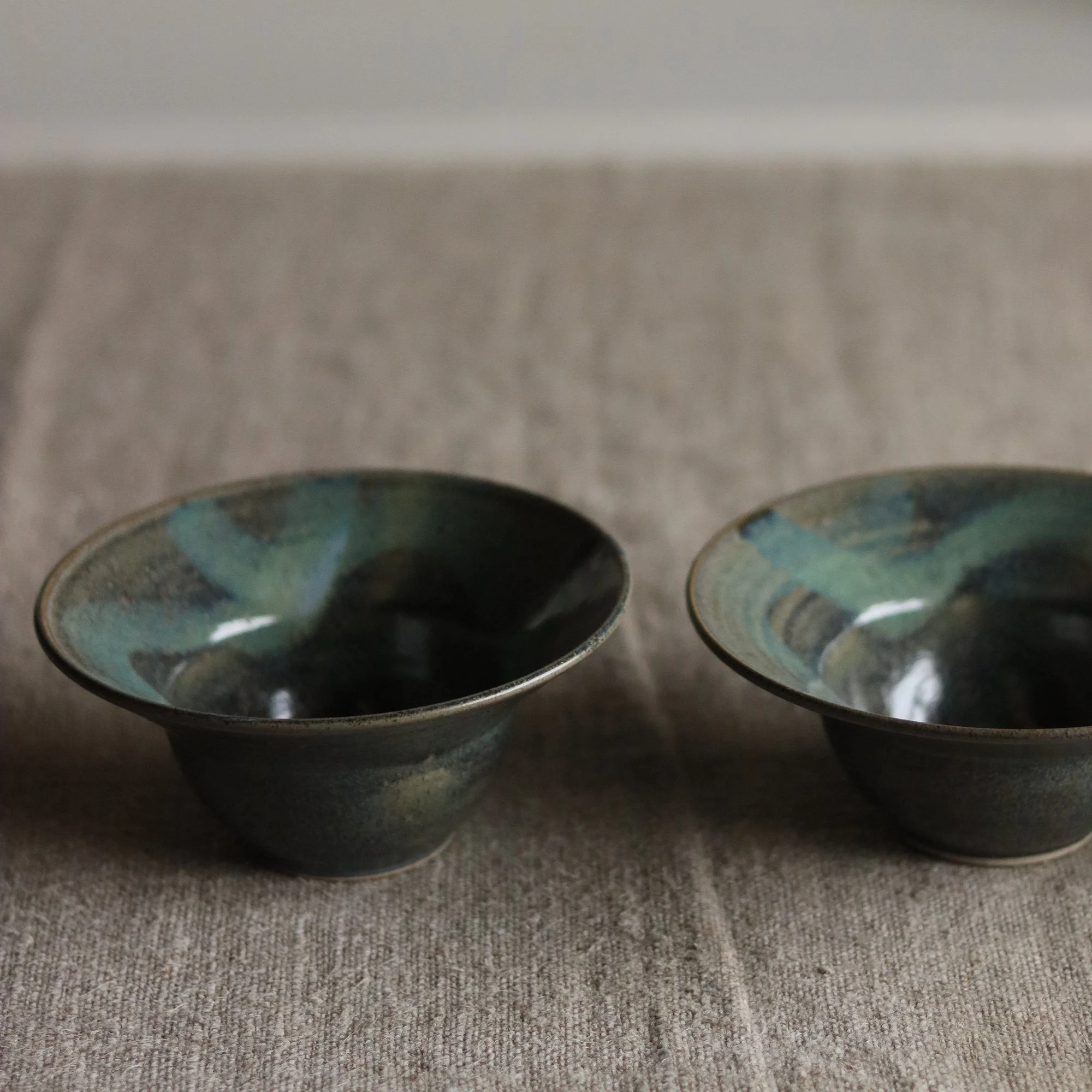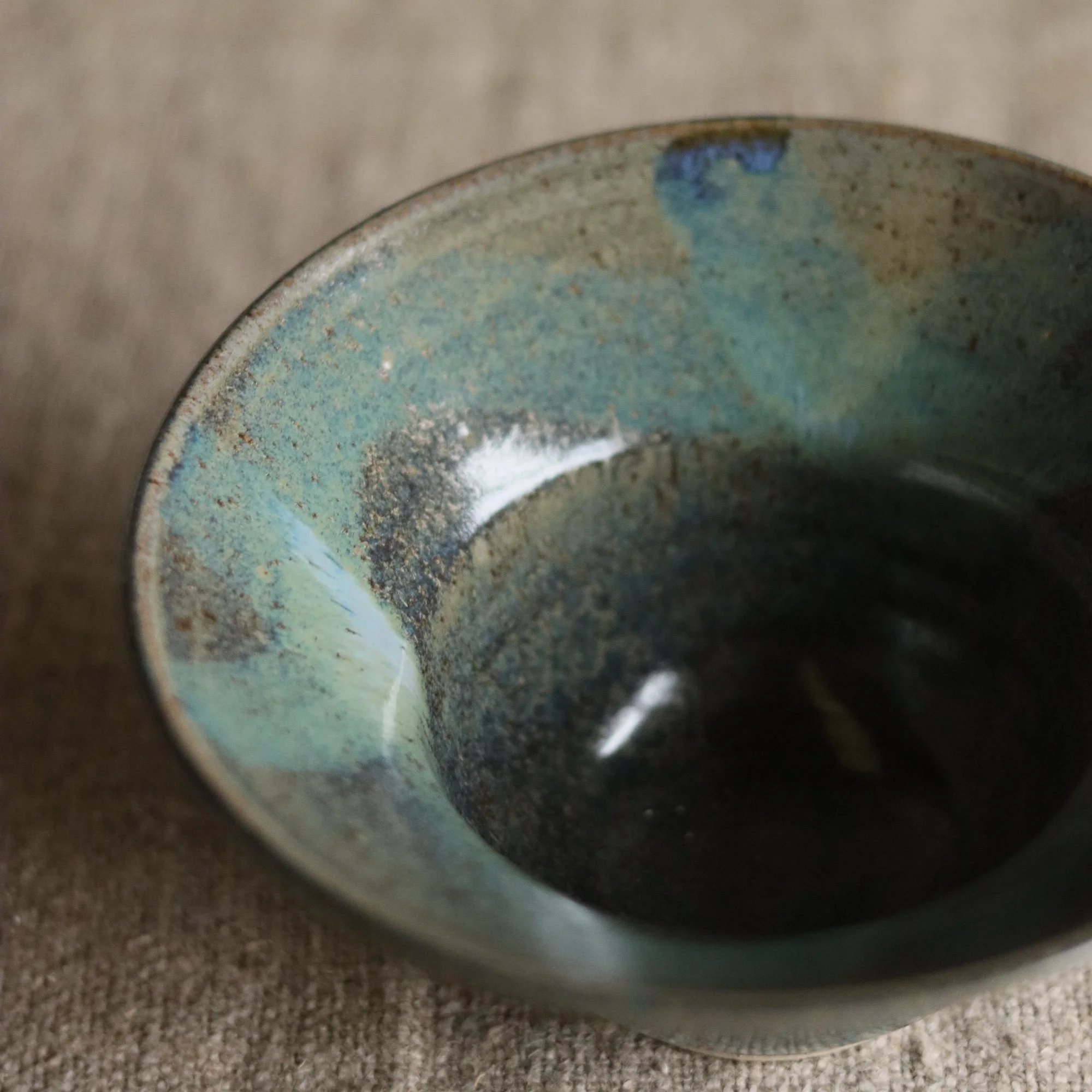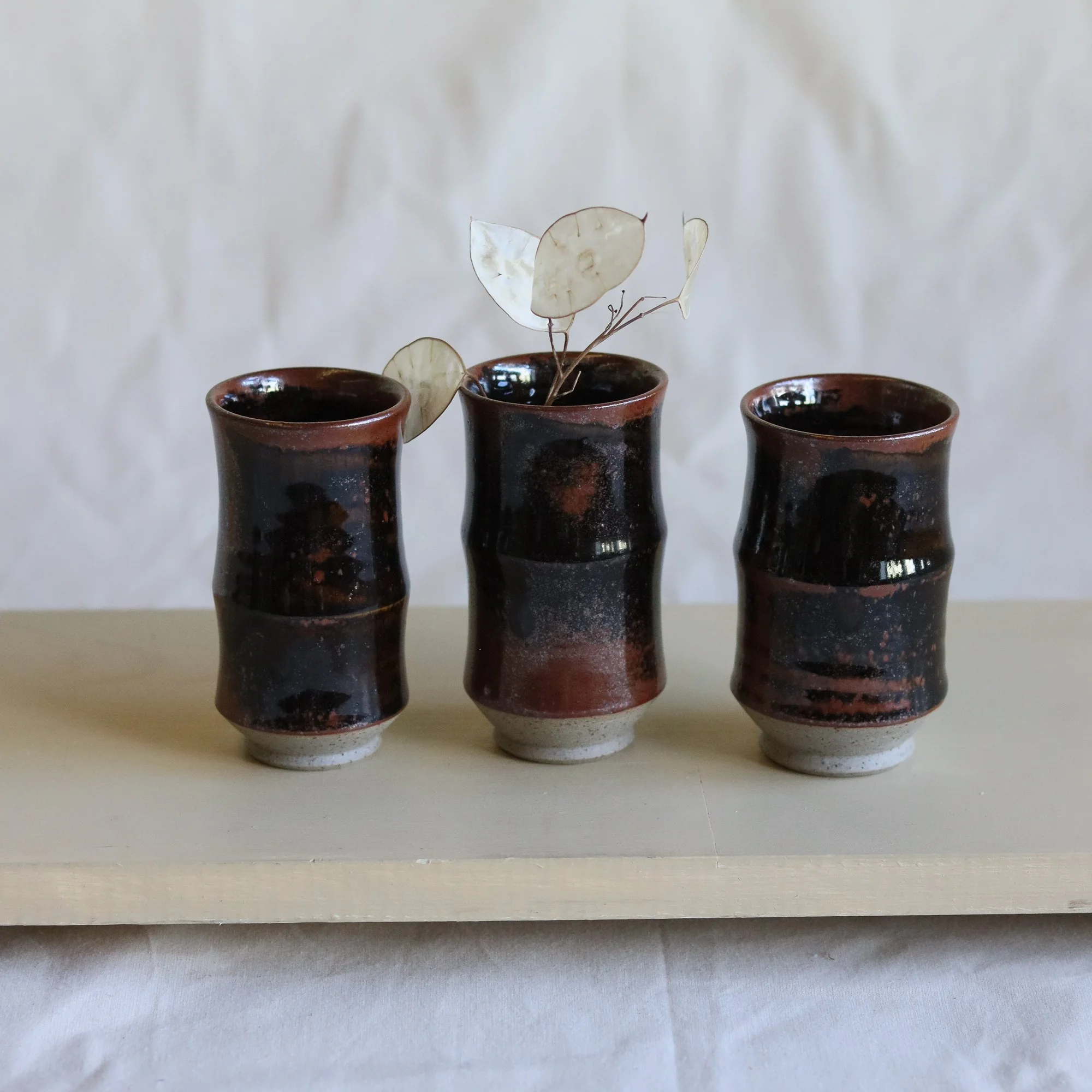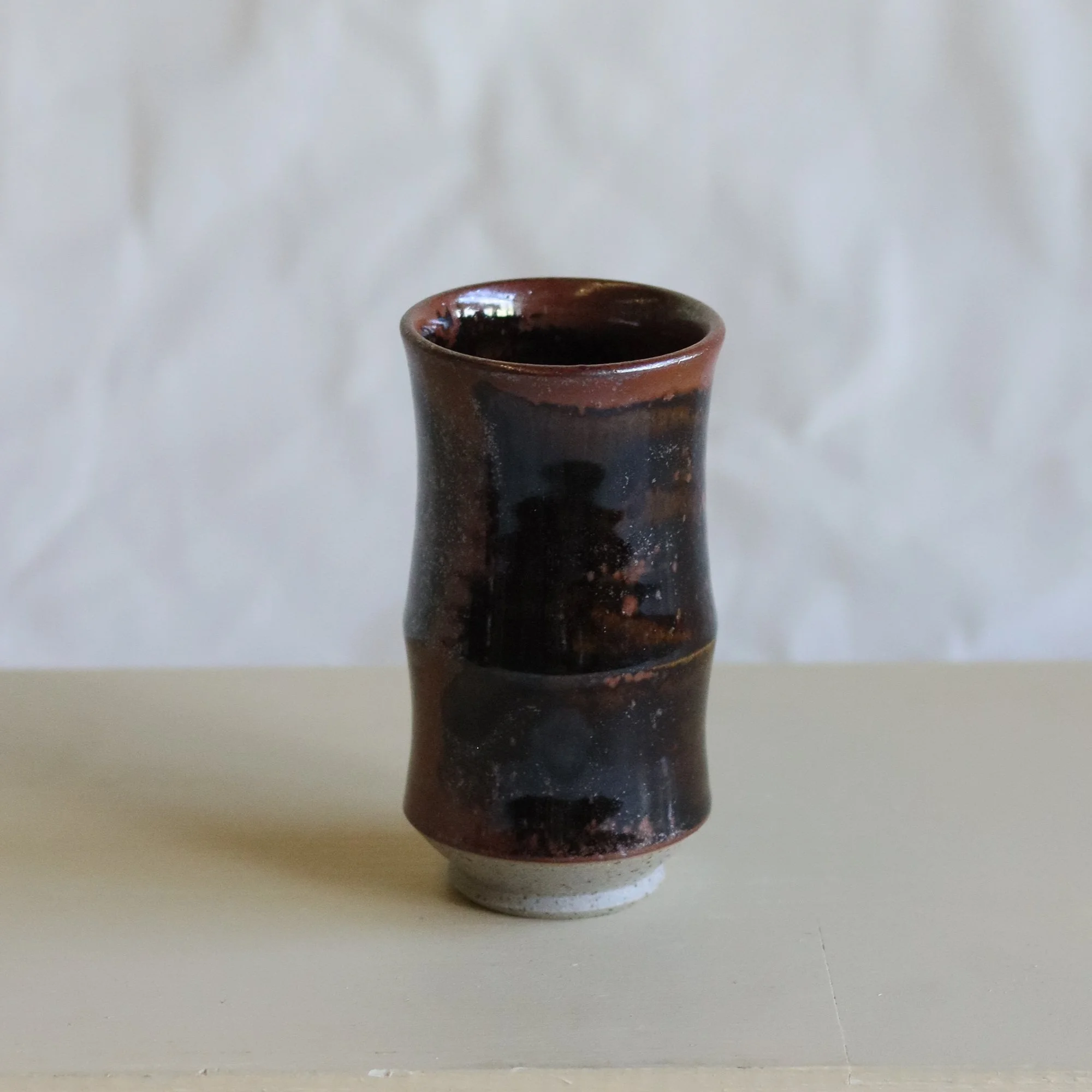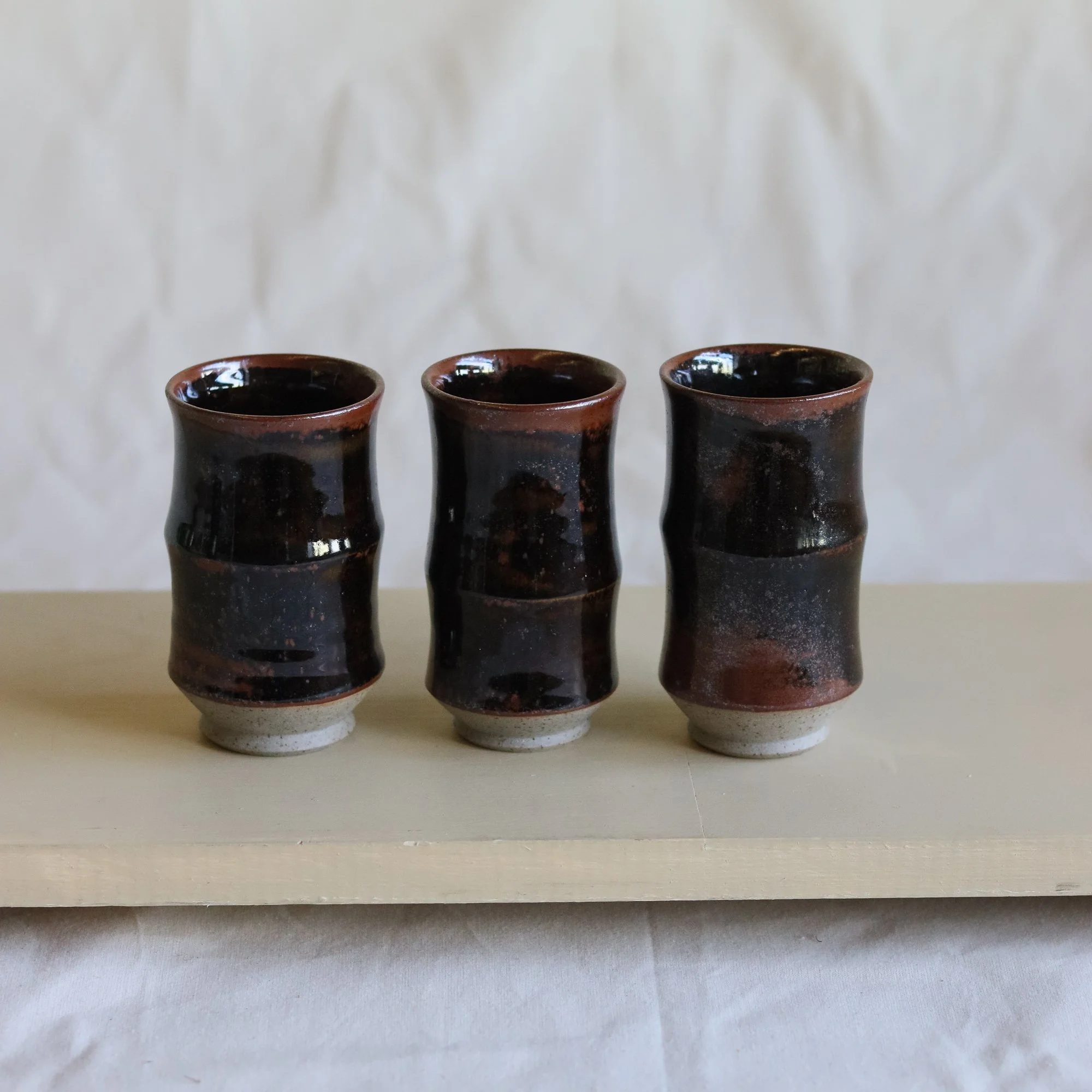Advice from Niwaki, on caring for your Sentei Ikebana
‘Most of our sharp tools are made from carbon steel - this means they will, through regular use, stain (and eventually rust) and gradually lose their edge. Caring for them involves three things…
1. Correct Use:
Japanese steel is hard and sharp, and can be more brittle than some people are used to - it will chip if abused
Do not cut wire, metal, stone, plastic or any other hard material (even bamboo fibres and some very hard woods, especially knots and burrs, can damage steel edges)
Do not twist or apply uneven pressure
Cut diagonally across branches (not straight across) so you cut along the fibres
Pay attention to our maximum cut dimensions, and don’t overdo it (shears are not loppers)
Use the base of the blades, not the tips, for heavier cuts
2. Keeping Them Clean:
Remove leaf resin, rust and gunk with a Crean Mate and water
Dry, wipe over with Camellia oil and store in a dry place
Safety Information
This item is sharp, please take care when using and store out of reach of children and animals.

